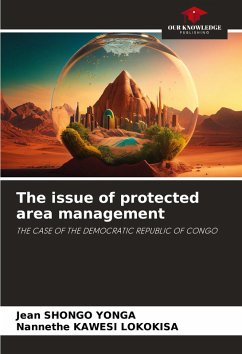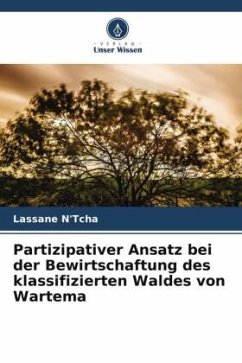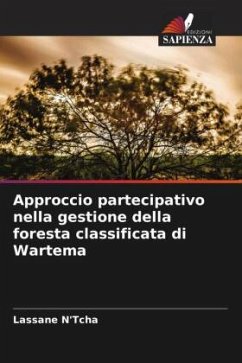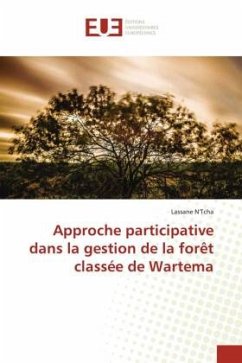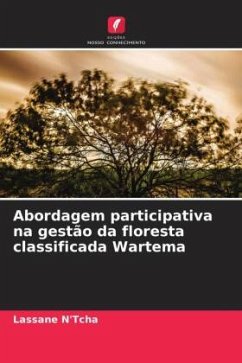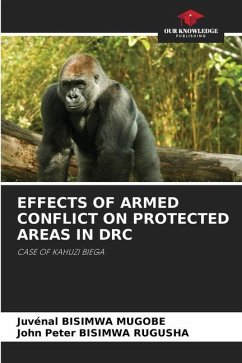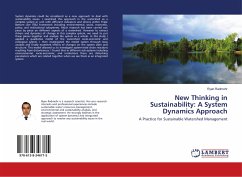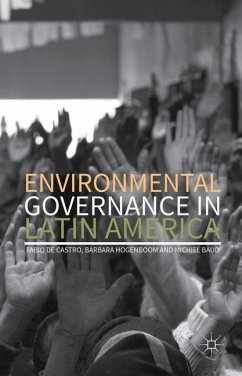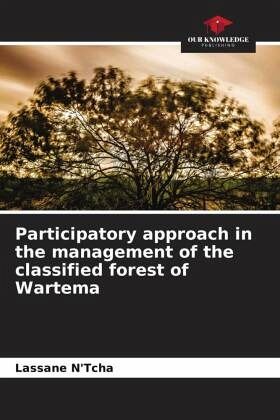
Participatory approach in the management of the classified forest of Wartema
Versandkostenfrei!
Versandfertig in 6-10 Tagen
40,99 €
inkl. MwSt.

PAYBACK Punkte
20 °P sammeln!
After the failure of the unilateral management policies of the Protected Areas (PA) in Togo, the authorities have committed themselves to put the populations at the center of any project of restoration and management of the forest landscapes. Despite multiple efforts in the management of protected areas, a decline in vegetation cover has been observed in some parts of the country, particularly in the classified forest of Wartema. This study aims to analyze the participatory approach in the restoration and sustainable management of the said classified forest. A socio-economic study of five vill...
After the failure of the unilateral management policies of the Protected Areas (PA) in Togo, the authorities have committed themselves to put the populations at the center of any project of restoration and management of the forest landscapes. Despite multiple efforts in the management of protected areas, a decline in vegetation cover has been observed in some parts of the country, particularly in the classified forest of Wartema. This study aims to analyze the participatory approach in the restoration and sustainable management of the said classified forest. A socio-economic study of five villages bordering the protected area, has made it possible to gather information on the modes of occupation and exploitation of the land, the various economic activities and their impacts on the protected area. The results of this study reveal a lack of land tenure security which favors the degradation of natural resources. Similarly, extensive cultivation practices, coupled with high charcoal production, greatly degrade the wood resource. Finally, the absence of a framework for consultation and management of the protected area is one of the factors explaining its degradation.



